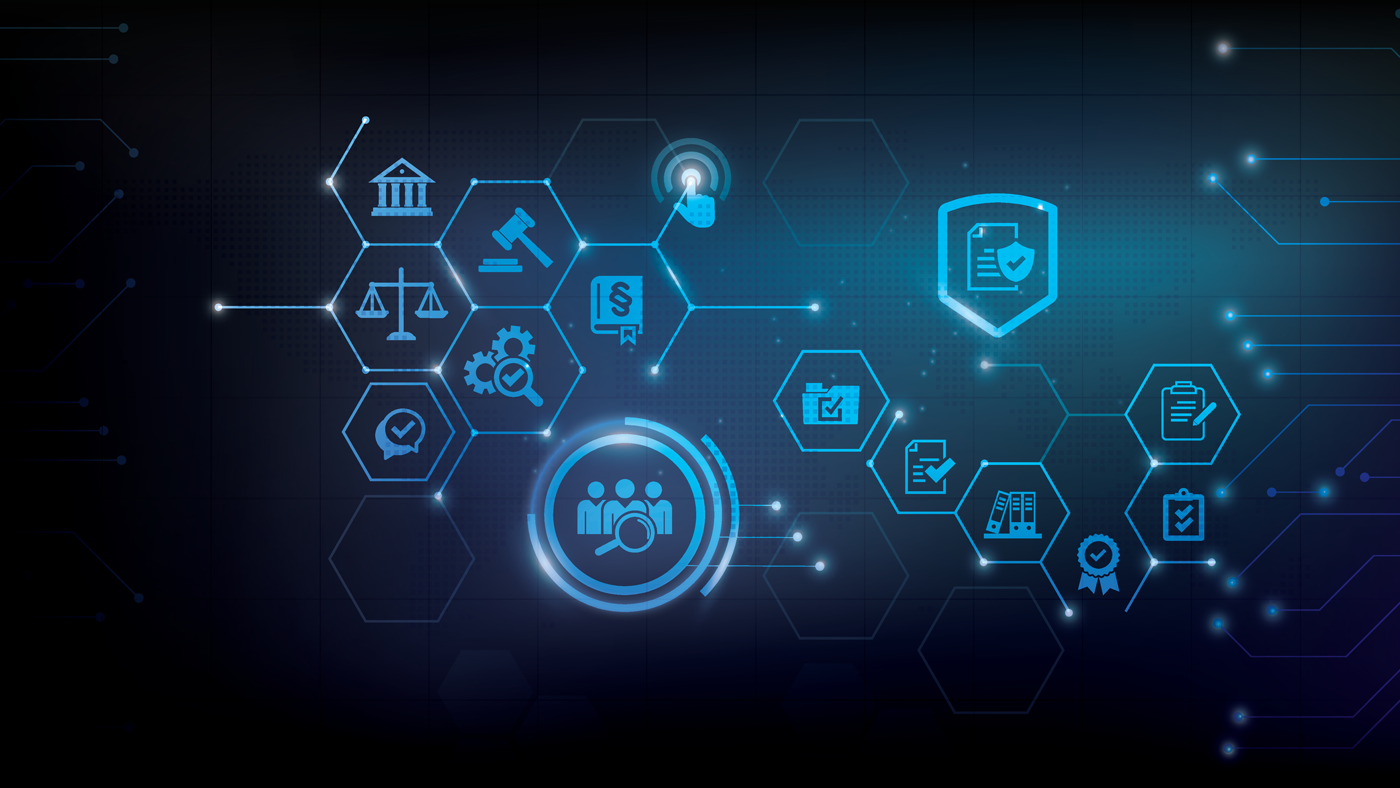Risk Cognizance GRC vs. Archer GRC: A Comparative Update
Overview
Risk Cognizance and Archer GRC remain two prominent players in the Governance, Risk, and Compliance (GRC) market, each offering distinct strengths and catering to different organizational needs. This comparison aims to highlight the key features, differences, and considerations to help organizations choose the right platform.
Risk Cognizance GRC
Risk Cognizance has solidified its position as a comprehensive GRC platform with a strong emphasis on security and compliance. It is particularly known for its advanced capabilities in managing digital threats alongside traditional GRC functions.
Key Features:
- Core GRC Functionalities: Includes risk assessment, compliance management, audit management, policy and procedure management, and internal controls.
- Advanced Capabilities: Offers attack surface management (ASM), vendor risk management, dark web monitoring, and incident response management.
- Integration Capabilities: Seamlessly integrates with other enterprise systems, enhancing its utility within complex IT environments.
- Cloud-Based Delivery: Provides flexibility and scalability, making it a suitable choice for organizations looking for a modern, cloud-native solution.
Archer GRC
Archer GRC continues to be a versatile platform with a modular architecture, allowing organizations to tailor the solution to their specific needs. Its adaptability across various industries is a significant advantage.
Core Features:
- Flexible Architecture: Allows organizations to select modules based on specific needs, offering a high degree of customization.
- Comprehensive GRC Coverage: Includes modules for risk management, compliance, audit, and internal controls.
- Integration Capabilities: Seamlessly integrates with other enterprise systems, enhancing its utility within complex IT environments.
- Deployment Options: Available both in the cloud and on-premises, providing organizations with deployment flexibility.
Key Differences
| Feature | Risk Cognizance | Archer GRC |
|---|---|---|
| Focus | Security-centric with strong ASM capabilities | Flexible and modular, adaptable to various industries |
| Deployment | Primarily cloud-based | Cloud or on-premises |
| Target Audience | Organizations with a strong focus on security and compliance | Diverse range of organizations seeking a customizable solution |
Factors to Consider When Choosing
Selecting the right GRC platform requires careful consideration of various factors that align with your organization's unique needs and goals.
Organizational Needs: Assess your specific GRC requirements, including industry regulations, risk profile, and desired level of customization.
Platform Features: Compare the core functionalities, advanced capabilities, and reporting options of both platforms to determine which aligns best with your needs.
Integration Capabilities: Evaluate how well the platform integrates with your existing systems and data sources, which is crucial for a seamless workflow.
User Experience: Consider the platform's usability, interface, and user adoption potential, as these factors will impact the overall effectiveness of the solution.
Cost and Pricing Models: Compare the total cost of ownership, including licensing, implementation, and ongoing maintenance, to ensure it fits within your budget.
Vendor Reputation and Support: Evaluate the vendor's track record, customer satisfaction, and the level of support offered, which are critical for long-term success.
Additional Considerations
Proof of Concept (PoC): Conducting a PoC for both platforms can provide valuable insights into how well each solution fits your organization’s specific needs.
Vendor References: Speaking with organizations that have implemented either platform can offer firsthand insights into the user experience, challenges, and benefits.
By carefully evaluating these factors and considering your organization's unique requirements, you can select the GRC platform that best aligns with your goals.
Would you like to explore specific use cases or delve deeper into any particular feature of Risk Cognizance platform?

